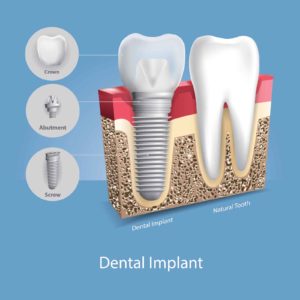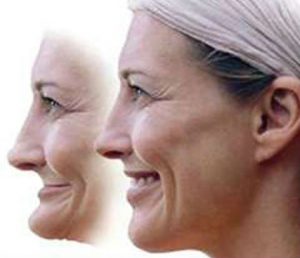I don’t know if this is going to sound crazy or make sense but I’m wondering if sleep apnea can cause anxiety. To give some context, I’m a lifelong dental coward and that prevents me from going in for my checkups more often than I’d like to admit. I don’t have a regular dentist, so when I developed a toothache recently, I had to find someone new. He ended up doing a full intake and we discussed the possibility of doing sedation for my dental work. Somewhere in the process, he asked me how I sleep at night. My wife jokingly said that I sleep like a baby but that my snoring keeps her up all night.
Well, the dentist was all over that, saying that my sleep apnea and mouth breathing could be drying out my mouth, creating a lot of my dental issues. However, he also said that it might be causing some of my anxiety. That’s where he lost my confidence. I felt like I was getting a sales pitch for an anti-snoring device. But, my wife was sold on the idea and wants me to commit to getting all my treatment from him. To be fair, I really did like him at first and I think sedation will be helpful for future visits, but I’m hung up on that one thing. Is there any truth to what he said?
John
Dear John,
I know it sounds weird, but it’s all interlinked. Sleep apnea occurs when throat muscles relax in the back of your throat. That is separate from central sleep apnea, which involves the brain not sending signals to the muscles that control breathing.
Anxiety is Linked with Sleep Apnea
Researchers have found that 53.9% of people with Sleep Apnea have anxiety and 46.1% have symptoms of depression. For comparison, the Anxiety and Depression Association of America says 18.1% of the general population suffers from anxiety and 6.7% suffer from Major Depressive Disorder. These aren’t small numbers by any means, but clearly both conditions impact people with sleep apnea much more.
Researchers think glutamate and gamma-aminobutyric acid (GABA) are the cause. These two brain chemicals are involved in regulating emotions and impact how people think. They can even influence blood pressure too. They’ve found sleep apnea sufferers have high levels of glutamate and low levels of GABA.
A Device from Your Dentist Will Help
There are lots of different treatments for sleep apnea. It is always best to start with the most conservative treatment option. In this case, that would mean a custom-fit oral appliance your dentist can make for you. This is probably what your dentist was considering. Even if it doesn’t completely remove your anxiety, it will stop the snoring. A well-rested wife is a happy wife.
A Word about Dental Axniety
While sleep apnea can keep you from getting the proper, restful sleep which can lead to general anxiety, what you’re experiencing in the dental chair is completely different. Many people have found their uncomfortableness in the dental chair has more to do with a negative experience in the past. It’s hard to get your body to forget those traumatic experiences. What you need are a number of positive experiences to make that work.
Seeing a sedation dentist will make a huge difference in your ability to feel comfortable in the dental chair. Depending on the type of sedation you choose, you may find you end up sleeping through your appointments.
This blog is sponsored by Buffalo Dentist Dr. Warren Krutchick.



